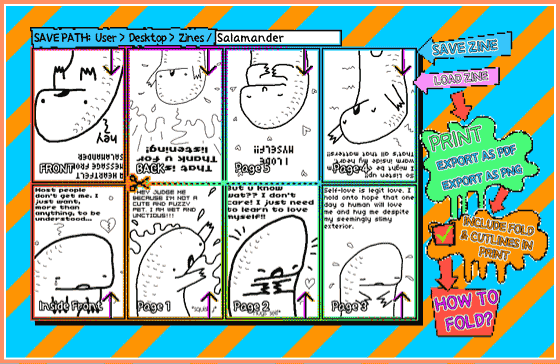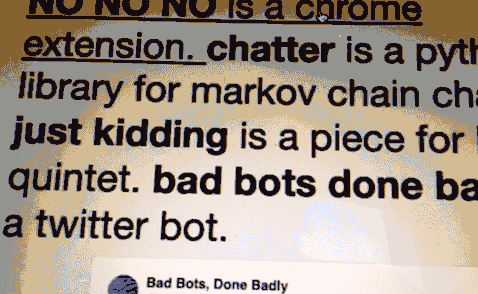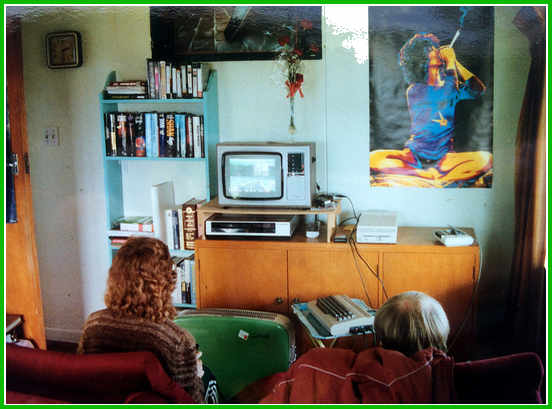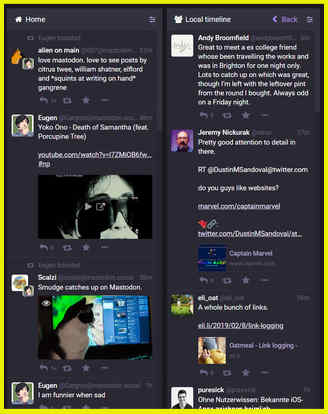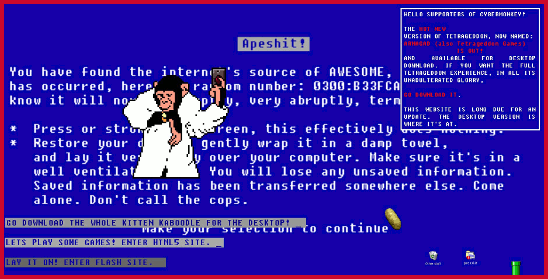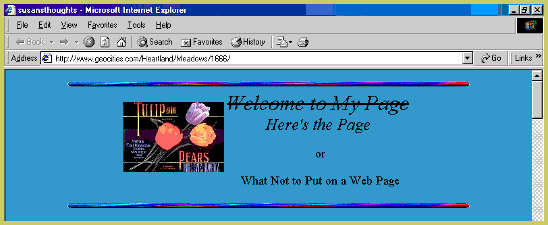Normally I wouldn’t link to a large magazine, but this is relevant to the ‘hypertexting’ discussion.
My friend Nate first told me about this fellow—Karl Ove Knausgaard—who has
become a substantial literary figure, which would normally qualify him to be
ignored by me. Surely he has enough attention, what with every major magazine
taking time out to heap praise on his work. Which bears striking similarity to
h0p3’s wiki and to my definition of Hypertexting—the creation of a massive
‘body’ of text, often as an avatar for one’s self. (I, too, am building a ‘body’
but I’m not sure that it’s of myself. No indictment to ‘self’ intended.)
Knausgaard’s six-volume My Struggle has concluded and so folks are
internalizing it. In the book, the author attempts to lay bare every particle of
his mind, life, relationships and—where do I stop?—it’s an autobiographical
work that purports to leave nothing private (nothing? I haven’t started the
first volume yet) and, so far, Oprah Winfrey hasn’t made him take anything back.
In violating prevailing standards of appropriate personal disclosure, “this
novel has hurt everyone around me, it has hurt me, and in a few years, when
they are old enough to read it, it will hurt my children,” he writes. “It has
been an experiment,” he continues, "and it has failed because I have never even been close to saying what I really
mean and describing what I have actually seen, but it is not valueless, at least
not completely, for when describing the reality of an individual person, when
attempting to be as honest as possible is considered immoral and scandalous, the
force of the social dimension is visible and also the way it regulates and
controls individuals.
I don’t know if this article is hyperbolizing the whole thing or what—I read
around some other thoughts on the series and found other similar reactions.
From Literary Fundamentalism
Forever:
At the end, in the last line, he says he’s no longer a writer, something he’s
since disproven. But there’s something about this that’s like he’s put it all
out, eviscerated himself and stretched the entrails out like Keroauc’s
unfurled scroll along a shuffleboard table. He’s exhausted his capacities. And
I’m sure that’s something that many writers have wanted to do at one point but
never come close to achieving.
I’ve (and we’ve) been very busy having the meta-discussion about writing and
cataloguing and relentless thought collection—we have kinship with this guy’s
work. It might be that everyone is dealing with this, with the rise of an
‘automatic’ writing culture all around. I think the interesting thing that
Knausguard offers is the moment of a ‘completion’. His six-volumes are up, but
his life isn’t—and he’s gone on to write a four book cycle.
So, homework:
-
When can a ‘body’ be called done—what are the utilities of this moment,
how do you see it coming?
-
For my own sake, I wonder how I might foment a reaction to the logorrheic
approach that offers restraint—my Tuesdays and Fridays, for one—although
I still end up feeling thoroughly logorrheic and I think I do exhaust
anyone passing through. But: I feel to question this approach (hardly to
demonize it) but what could a Reverse Knausguard ‘body’ style itself as?
-
What does the non-linear hypertext bring to the table?
For some reason, this work does help me really enjoy modern times.



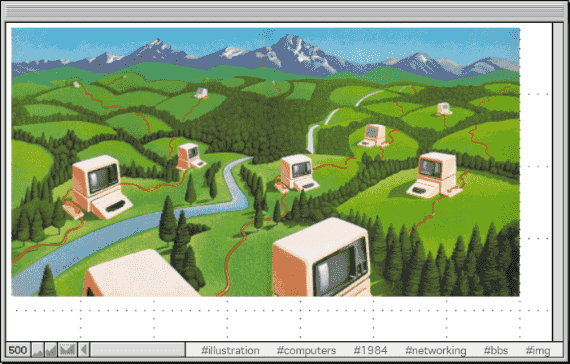


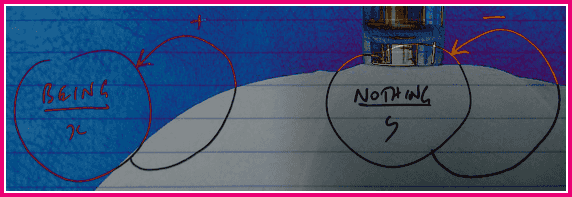

 C’est n’est
pas une h0p3.)
C’est n’est
pas une h0p3.)